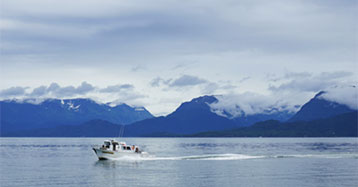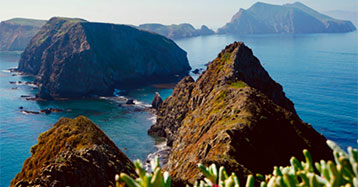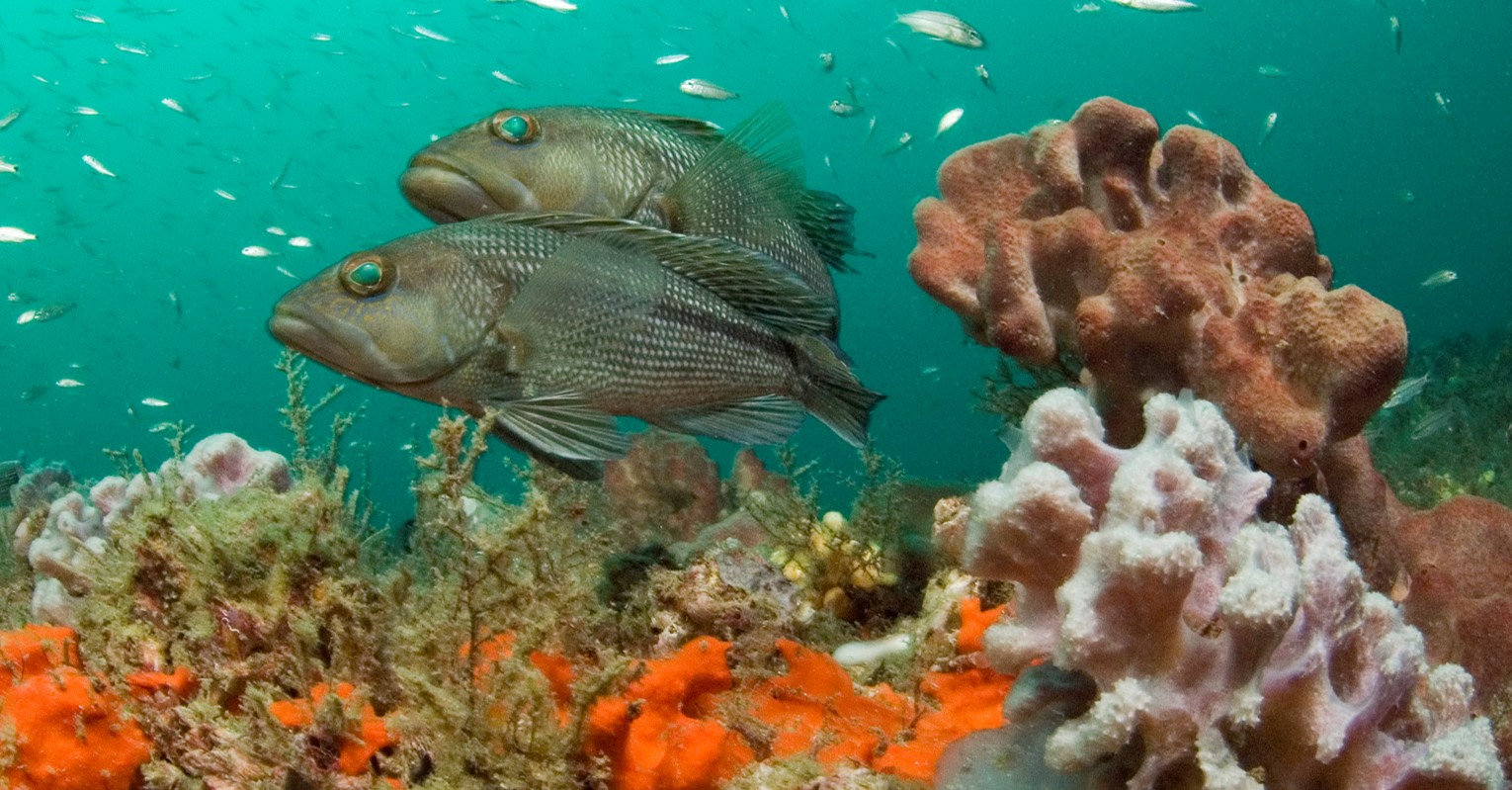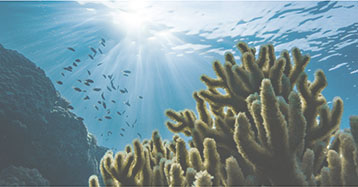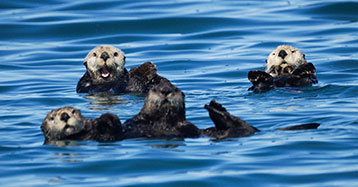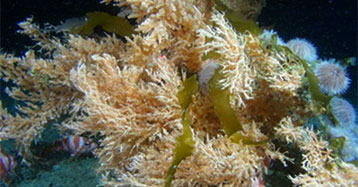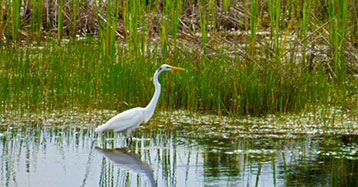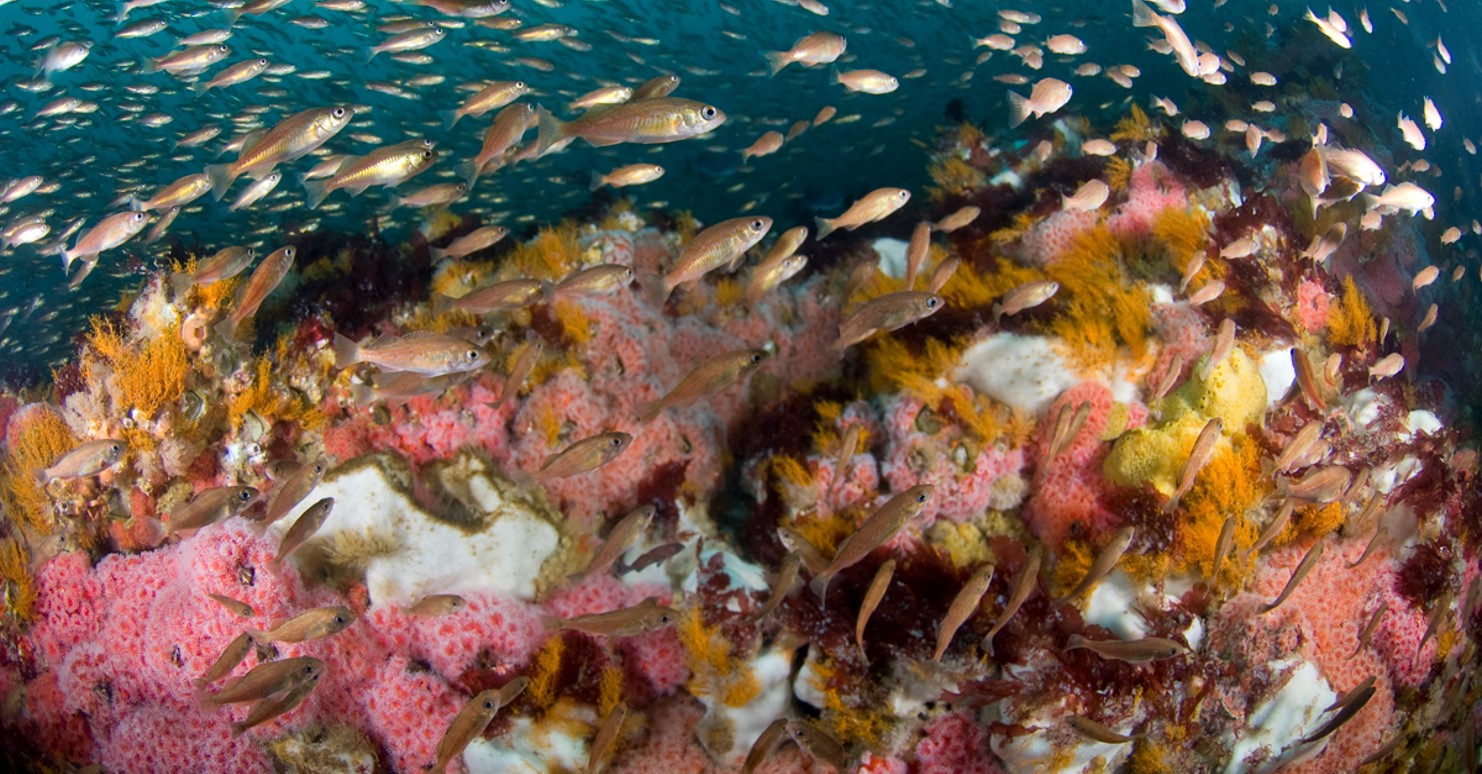Conservation
NCCOS is a nationally recognized leader in conducting management-driven ecosystem science in the nation’s oceans, coasts, and Great Lakes, including National Marine Sanctuaries, National Estuarine Research Reserves, and coastal National Parks. Ocean conservation planning, including the designation of marine protected areas, is a considerable challenge because of the need to synthesize information on complex socio-ecological patterns across broad spatial scales and competing interests.
Our Science
NCCOS’s ecosystem science portfolio includes ecological assessments and applied research that ranges from defining the status of ecosystem components to determining baseline conditions to detecting change over time. Specific examples include assessments of the spatial and temporal distributions of organisms, habitats, and the historical and biological factors that produce ecological patterns. NCCOS also evaluates the efficacy of marine protected areas based on species' home ranges, habitat use patterns, and ecological connectivity.
Ecological Connectivity
Marine protected areas are designated to protect our natural and cultural marine heritage for the benefit of present and future generations. While the use of protected areas has grown, there is still a gap in our understanding of how species use multiple habitats to satisfy different needs, how habitats are connected, and how they can benefit areas well outside of their boundaries. An improved understanding of species’ habitat requirements and ecosystem connectivity is needed to effectively protect critical habitats, manage human uses, and preserve ecosystem services. Working with coastal managers and experts from across the globe, NCCOS performs and sponsors research to improve the ability of resource managers to address habitat usage and ecological connectivity in marine protected areas and beyond.
 Official websites use .gov
A .gov website belongs to an official government organization in the United States.
Official websites use .gov
A .gov website belongs to an official government organization in the United States. Secure .gov websites use HTTPS
A lock or https:// means you’ve safely connected to the .gov website. Share sensitive information only on official, secure websites.
Secure .gov websites use HTTPS
A lock or https:// means you’ve safely connected to the .gov website. Share sensitive information only on official, secure websites.
